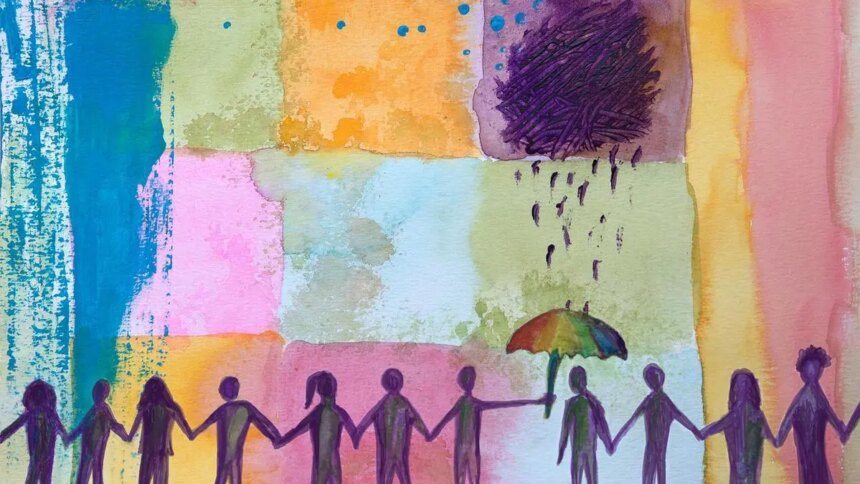When a 23-year-old from Puducherry sought therapy for the first time, she believed she was experiencing depression. Facing feelings of helplessness, thoughts of self-harm, and suicidal ideation, it took nearly a year of therapy for her to articulate her struggles. Identifying as bisexual, she feared her family’s reaction to her identity.
This narrative is not unique. Despite the decriminalization of same-sex relationships following the striking down of Section 377 of the Indian Penal Code in 2018, healthcare systems still fall short in addressing the needs of the LGBTQ+ community, particularly within mental healthcare.
Psychotherapist Manisha Bhansali, based in Chennai, notes, “Most queer clients don’t walk in saying they have gender identity issues. They come in feeling helpless, stating they are sad, anxious, or depressed.” Only later in the therapeutic process do they reveal that these feelings are rooted in identity-related rejection and self-doubt.
While therapeutic practices are still developing, LGBTQ-affirmative mental healthcare is even more emergent. Some professionals reportedly still practice “conversion therapy,” despite the National Medical Commission deeming it professional misconduct in 2022.
The LGBTQ+ community often finds itself trapped between societal expectations and rigid gender norms, leading individuals to internalize their challenges. Yashwinder Singh, Director of the Pahal Foundation—a non-governmental organization supporting gender minorities—states, “When it comes to the LGBTQ+ community, mental health issues get swept under the carpet, as survival takes precedence. It’s a demand and supply issue; without demand, there is no impetus to develop resources.”
Online platforms have emerged as judgment-free spaces, offering anonymity and support for the LGBTQ+ community, as noted by Ritika Sinha, co-founder of the digital mental healthcare service Rocket Health. The digital transformation accelerated during the Covid-19 pandemic, bridging gaps for some, yet many individuals remain unaware of available resources or may struggle to navigate technology. Singh points out that many do not realize that their feelings are not typical, advocating for increased awareness.
Some initiatives, however, are encouraging. In collaboration with the United Nations Development Programme, the National Institute of Mental Health and Neurosciences has developed a ‘Holistic Psychosocial Wellbeing’ module for LGBTQIA+ individuals. Additionally, the Mariwala Health Initiative conducts a Queer Affirmative Counselling Practice, which trains mental health professionals in empathetic approaches for LGBTQIA+ clients. Nonetheless, these initiatives remain fragmented.
Experts are calling for comprehensive reform, advocating for a national framework designed to educate therapists on LGBTQIA+-affirmative practices. They emphasize the importance of incorporating family counseling into therapeutic sessions and enhancing mental health awareness. Singh urges agencies like the National Health Mission to promote awareness in smaller towns and rural areas, aiming to extend affordable services beyond urban centers.
Published on September 22, 2025.










